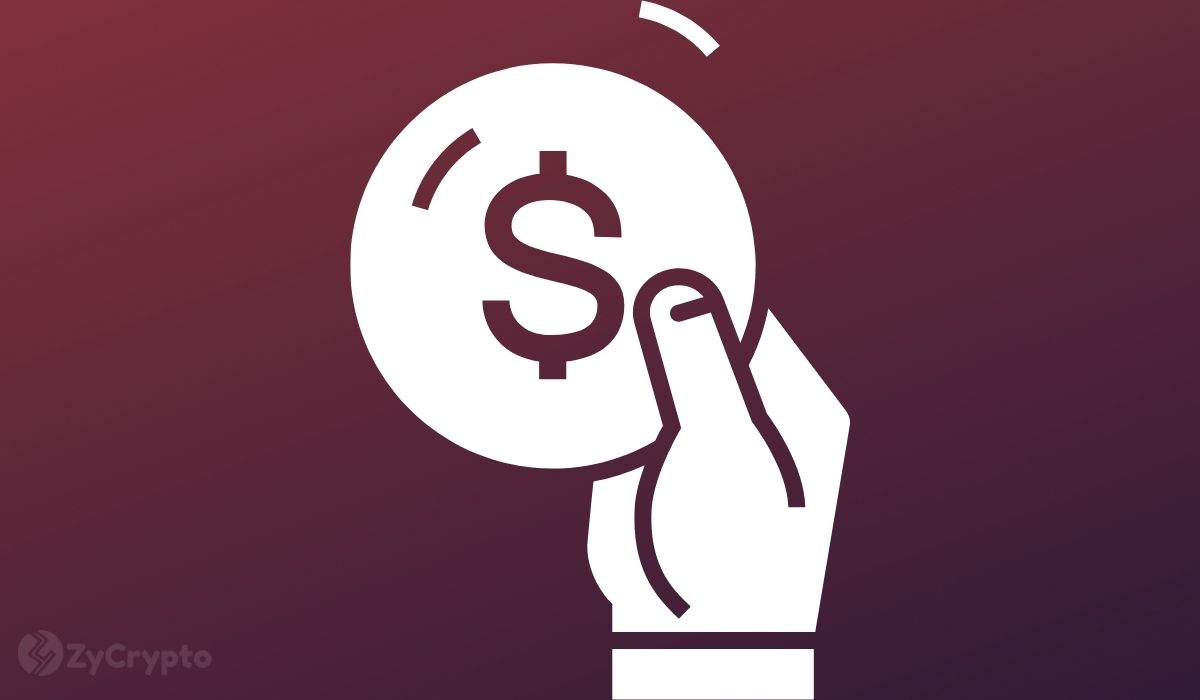JPMorgan Chase is creating a pilot program to tokenize carbon credits, collaborating with three major carbon registries, to improve the transparency and efficiency of carbon markets. JPMorgan wishes to build a carbon credit blockchain based on pre-existing carbon trading markets. JPMorgan wishes to collaborate with the three carbon registries: S&P Global Commodity Insights, International Carbon Registry, and EcoRegistry. The carbon tokens will represent one ton of carbon dioxide offset. Businesses could use the tokens as verifiable proof of their credits. The first businesses to test the blockchain credits would most likely be the renewables and forestry industries. Carbon accounting can be a complex undertaking, but could benefit from an immutable blockchain. The latest trend in blockchain is to issue stablecoins pegged to real-world assets such as US dollars and Gold. Carbon credits could extend this trend and focus on environmental projects.
JPMorgan announced the project, stating that they were undertaking a collaborative project to address decarbonization from within the financial sector. The banking giant will collaborate primarily with carbon registry business S&P Global Commodity Insights. JPMorgan argued that the partnership with S&P would take advantage of their data analytics expertise and combine it with JPMorgan’s experience in finance. JPMorgan is promoting the project as a way to address the issue of sustainability and lower carbon emissions, particularly in the commodities sector. The combined efforts of a data analysis firm and a finance institution may be better able to address the issue of carbon pollution by promoting teamwork between their industries. JPMorgan wishes to address economic and ecological issues from within the financial sector. Blockchain is a financial innovation that could be used for various applications such as economics and sustainability. The polymorphic abilities of programmable digital assets can easily translate into polymorphic business models. Despite being critical of digital assets in the past, JPMorgan wishes to take advantage of these benefits because they have suddenly realised the profitability and utility of blockchain. JPMorgan further mentioned in their announcement that climate change is a pressing problem that businesses can address, using their strengths and unique networks to build a more sustainable future.
The carbon credit system represents one ton of CO2, which has been removed or avoided, and can later be redeemed for credits or rewards. Tokenized carbon credits involve the same system, only with a technology such as blockchain to record the credits. JPMorgan will collaborate with three major carbon registries, including S&P Global Commodity Insights, to create a blockchain that tracks the lifecycle of carbon credits from end to end. The registries already have the data analytics of carbon data, and will only need to include a blockchain to represent the credit system with tokens. Alastair Northway, natural resources manager at JPMorgan, said a blockchain could bolster the carbon credits markets and build trust in an otherwise obscure process. Northway also commented that market liquidity could be improved by using a blockchain to manage carbon credits.
The CO2 markets have been a longstanding interest of the bank JPMorgan, creating many reports on the future of carbon markets and their potential for profitability. JPMorgan believes CO2 markets will mature alongside technical innovations and infrastructure improvements. However, JPMorgan also considers that the CO2 markets could deteriorate if market infrastructure is left to falter. Alastair Northway, natural resources manager at JPMorgan, said that interoperability of carbon markets between countries would add to confidence in the underlying market infrastructure. Carbon accounting is a complex process often construed as unnecessary and corrupt. Northway believes blockchains would improve carbon markets’ transparency and liquidity, revitalising them for a future generation.
Regenerative Finance (ReFi) is the term for sustainability tokens, such as those used in carbon markets. ReFi has regressed in recent years because large firms often dominate the process. ReFi tokens are usually less profitable than regular tokens because they are less speculative. The field could benefit from decentralised projects, but might hit a roadblock if carbon credit registries do not open their doors to open-source developers. ReFi is also a challenging market because it requires collaboration between various agencies and businesses. Yet there is still a high demand for sustainability tokens that could tackle the global warming crisis. JPMorgan may be the company best suited to pushing forward a tokenized carbon credit system. However, their efforts may motivate other entities to create ReFi sustainability tokens. Many companies have already signed up for net-zero targets. A carbon credit market would allow companies to buy carbon offset tokens to achieve net-zero results.
